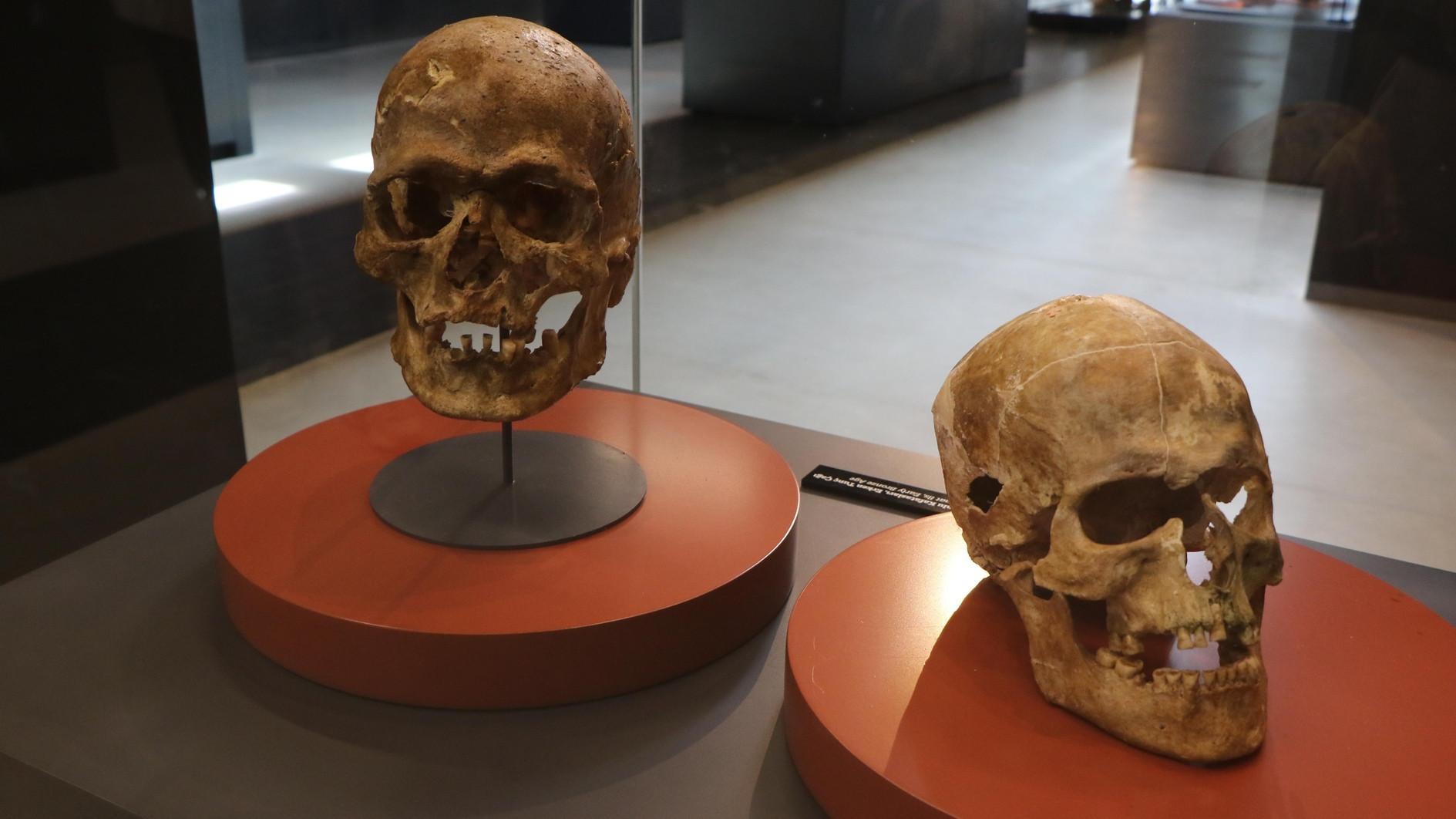If Syrian Kurds take Raqqa
Last week the Iranian press published some photos of Maj. Gen. Qasim Suleymani, the commander of the Quds Brigades, the exterior operating branch of Iran’s Revolutionary Guards, claiming that he was now fighting at the Fallujah front.
Fallujah has been in the hands of the Islamic State of Iraq and Levant (ISIL) since January 2014; it was the first big city of Iraq taken by ISIL, followed by Mosul in June of the same year. Actually, the Islamic State of Iraq, which evolved into ISIL in 2013 in Syria, was established in 2004 in the Fallujah and Ramadi areas against the American invasion and later on radicalized with the influence of al-Qaeda. The town is only 50 kilometers from the Iraqi capital Baghdad and it is a priority of the Iraqi government to take it back from ISIL.
Yet, the Sunni politicians in Baghdad strongly reacted to the presence of Suleymani in Fallujah, claiming that if he and his forces (including the pro-Iranian Shite militia Hashd Shaabi) take the town from ISIL their immediate aim could be to clean the Sunni population. Iranian officials denied the news reports about Suleymani being at the Fallujah front, as he was known to be in Damascus to command thousands of Iranians there, plus Hezbollah forces from Lebanon and the militia loyal to Syrian President Bashar al-Assad.
Despite the denial it fits into the picture of the new American strategy of fighting against ISIL: Use whatever means you can find against ISIL without having to send G.I. Joes there and think about how to clean up the mess later. In that sense, using pro-Iran forces in Iran may not contradict the current line of U.S. President Barack Obama.
The same outlook applies for the Syrian strategy of the U.S. In Syria, the U.S. has been cooperating with the People’s Protection Units (YPG), the armed wing of the Democratic Unity Party (PYD), which is the Syria branch of the outlawed Kurdistan Workers’ Party (PKK). The PKK has been waging an armed campaign against Turkey, a NATO ally of the U.S., and is actually on the terrorist organizations list of the U.S. government. Abdullah Öcalan, the founding leader of the PKK, was arrested in 1999 in a joint operation by the CIA and Turkey’s National Intelligence Organization (MİT) and is still in prison.
American officials also know that the PKK and PYD have organic links, but that does not stop the U.S. military from using the YPG as ground units in the Syrian operation against ISIL, despite insistent objections from Turkey. Turkish President Tayyip Erdoğan slammed once again the “hypocrisy” of the Obama administration on that. But American commander Gen. Joseph Votel, who visited Syrian Kurdish positions in Syria on May 20, two days after Obama called up Erdoğan, said the YPG was the only trained force available on the ground and they were going to use it. A crisis which erupted when U.S. Special Forces on the ground were seen wearing the YPG insignia in photos was downplayed by the Pentagon, with American officials saying it “won’t happen again.” The photos served a purpose and with or without the YPG insignia, it is now evident that they fight together, despite the resistance of the Turkish government, which is a part of the U.S.-led anti-ISIL coalition and a target of ISIL attacks, especially after opening up its strategic Incirlik Air Base.
Like the Iranian forces to Fallujah in Iraq, the possibility of PYD/YPG forces taking Raqqa, the ISIL headquarters in Syria, with American air support is a major concern of Ankara. Taking an Arab city with Kurdish forces who actually openly write in their publications that Raqqa should be a part of the Kurdish region in north of Syria along the Turkish border would be a recipe for deeper antagonism according to Turkish officials.
These debates taking place between Ankara and Washington as ISIL advances towards the Turkish border increase the tension and heat in the region. The “execute now, think about it later” strategy of the U.S. might cost more in the future, just like the consequences of the invasion of Iraq in 2003.











